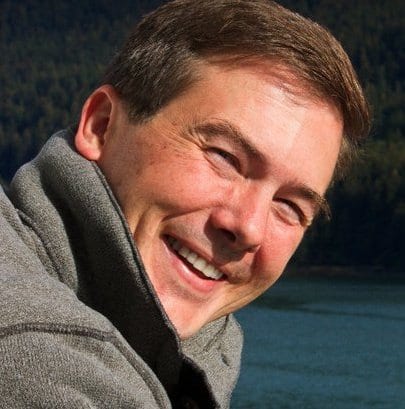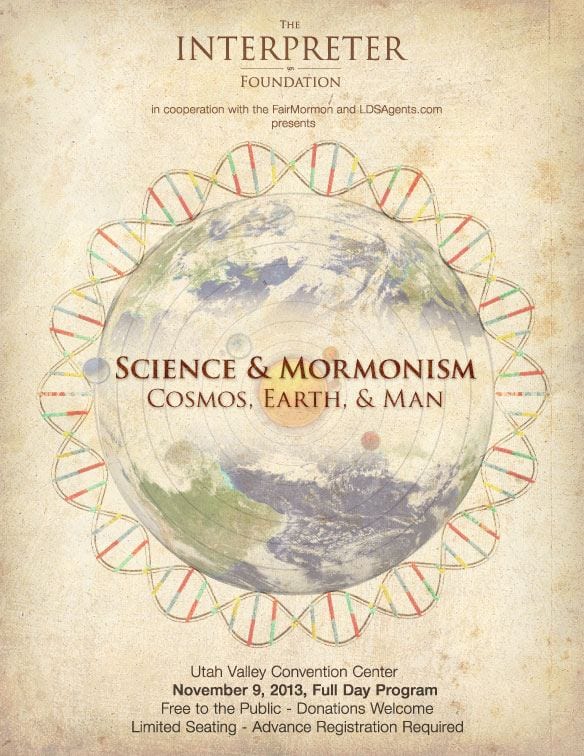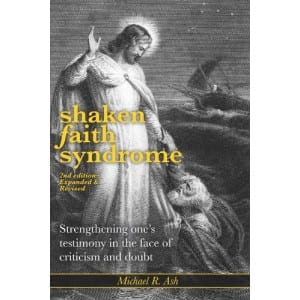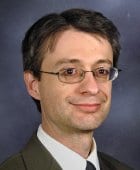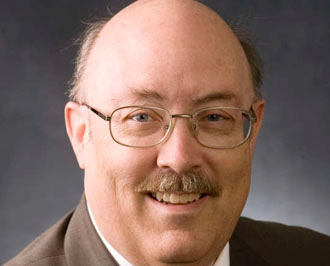 The Mormon Fair-Cast has been nominated for the third year in a row for a People’s Choice Award for Best Podcast in the Religion Inspiration category. FairMormon wishes the thank all those who voted to nominate the Mormon Fair-Cast. There were about 4,000 shows nominated for awards this year. Four judges in each category chose the nominees by virtue of the following criteria: Number of Nominations (40%), Quality of Website Design (15%), Quality of Sound (15%), Quality of Podcast Delivery and Show Format (10%), and Relevance of Content (20%). The Mormon Fair-Cast won Best Podcast two years ago, but lost the award last year to the “Ardent Atheist” podcast. Daily voting for the winner starts November 1. On that day, please go to www.podcastawards.com and vote for the Mormon Fair-Cast. Vote again every day for the following 15 days. Please ask others to vote as well!
The Mormon Fair-Cast has been nominated for the third year in a row for a People’s Choice Award for Best Podcast in the Religion Inspiration category. FairMormon wishes the thank all those who voted to nominate the Mormon Fair-Cast. There were about 4,000 shows nominated for awards this year. Four judges in each category chose the nominees by virtue of the following criteria: Number of Nominations (40%), Quality of Website Design (15%), Quality of Sound (15%), Quality of Podcast Delivery and Show Format (10%), and Relevance of Content (20%). The Mormon Fair-Cast won Best Podcast two years ago, but lost the award last year to the “Ardent Atheist” podcast. Daily voting for the winner starts November 1. On that day, please go to www.podcastawards.com and vote for the Mormon Fair-Cast. Vote again every day for the following 15 days. Please ask others to vote as well!
